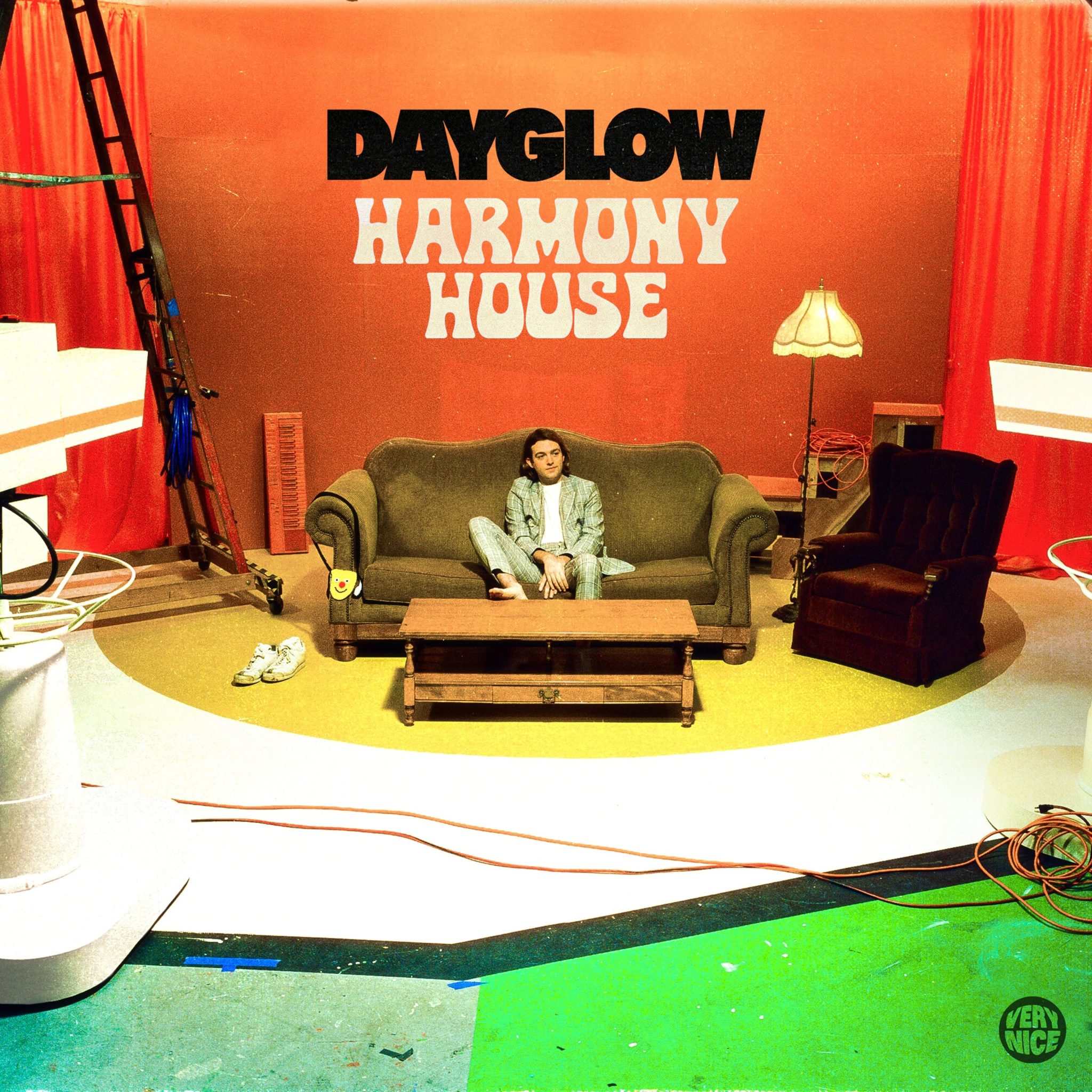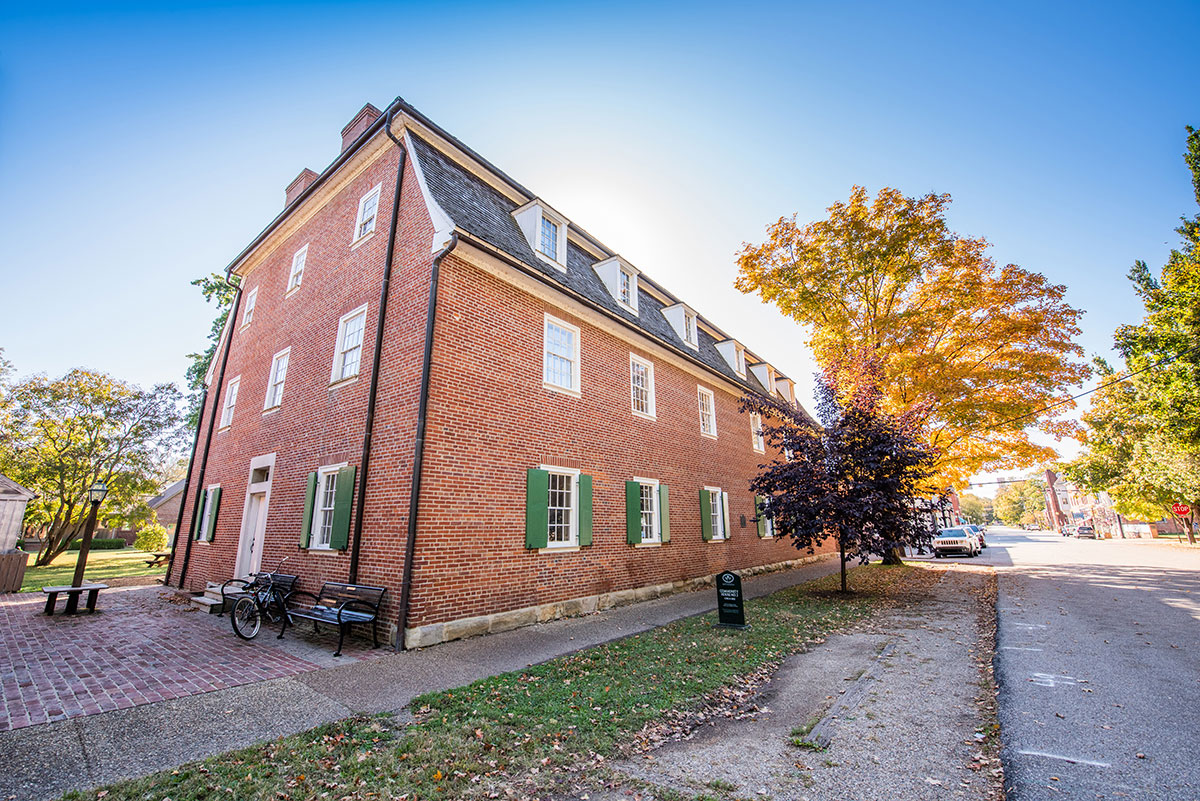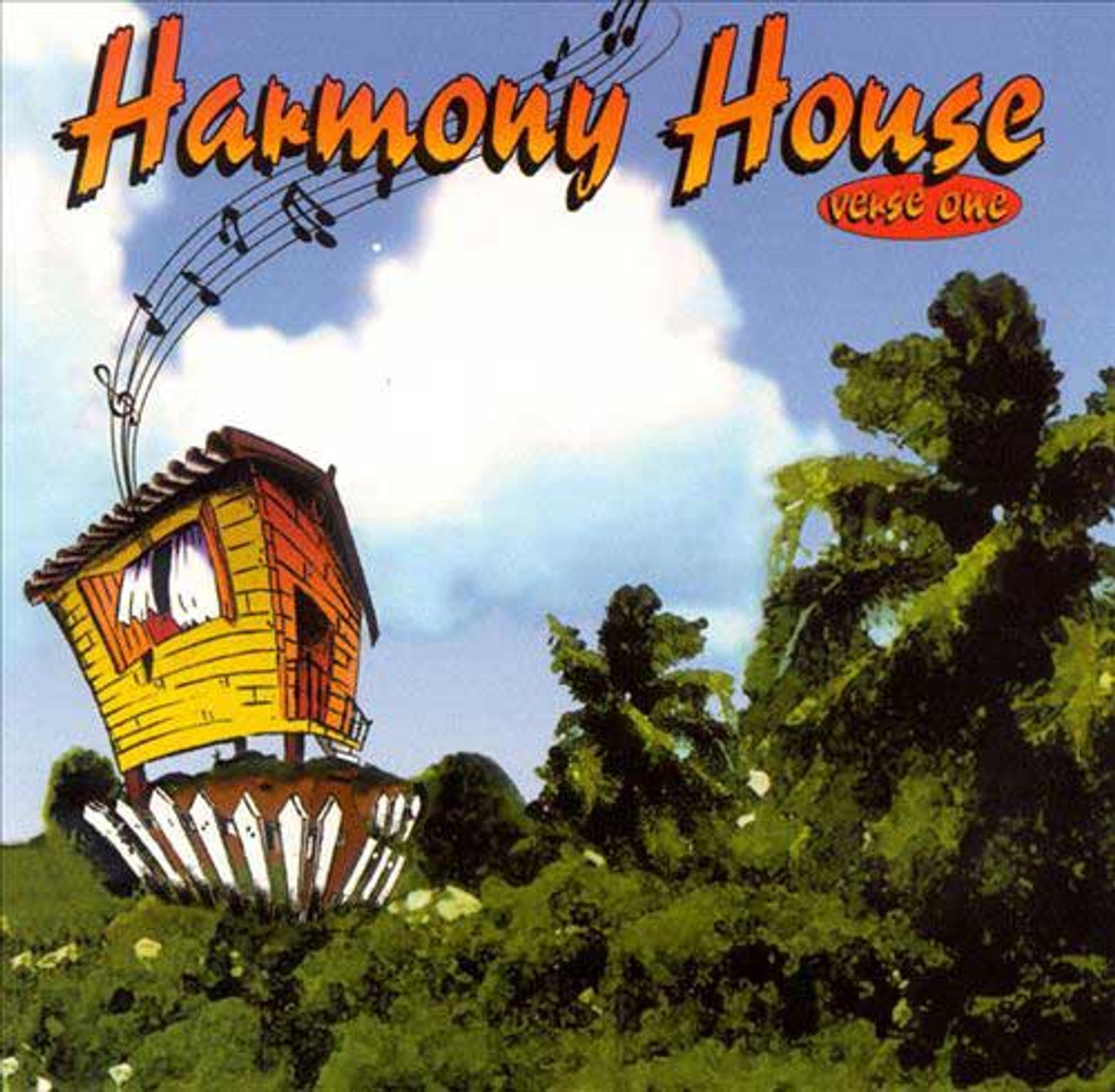Table Of Content

All of our dehydrated and bulk dried food is packaged in clear BPA-free containers, so you can see the vibrant colors, and the pure, high-quality ingredients for yourself. We don't have to “hide” our food in cans or colored bags; we want our dehydrated food to shine! The beginning of your journey to wellness is in the sober living facilities. Outpatient treatment is always the foundation for building self-esteem and confidence.
Harmony House in Los Angeles, CA
Experiential therapy is a form of therapy in which clients are encouraged to surface and work through subconscious issues by engaging in real-time experiences. Experiential therapy departs from traditional talk therapy by involving the body, and having clients engage in activities, movements, and physical and emotional expression. This can involve role-play or using props (which can include other people). Experiential therapy can help people process trauma, memories, and emotion quickly, deeply, and in a lasting fashion, leading to substantial and impactful healing.
An Environment Where Recovery Thrives.
A collaborative effort with the City of Houston, Bureau of Tuberculosis Control, the program provides 3 to 12 months of housing, treatment and supportive services. Since its opening, 100% of those completing the program have been cured of TB. The goal for every program at Harmony House is to provide quality stable housing for vulnerable individuals. In a collaborative effort with Los Angeles City's OFFICE of DIVERSION and RE ENTRY we seek to provide permanent supportive housing to individuals who are homeless. Group therapy is any therapeutic work that happens in a group (not one-on-one). There are a number of different group therapy modalities, including support groups, experiential therapy, psycho-education, and more.
Songbird Rebecca Folsom migrates to Harmony House - printed from North Texas e-News - North Texas e-News
Songbird Rebecca Folsom migrates to Harmony House - printed from North Texas e-News.
Posted: Sun, 21 Jan 2024 08:00:00 GMT [source]
FAQs About Our Outpatient Treatment Program at Harmony Place
While talk therapy is one of the treatments in our outpatient rehab, it is far from the only focus. We want our clients to experience a variety of therapies to balance the triggers, stress, and support they might face in their everyday lives. Inpatient Cognitive-behavioral therapy (CBT) examines the differences between what we want to do and what we actually do. CBT is a short-term, goal-oriented treatment that uses a practical path to solving problems. The ultimate goal of this type of therapy is to change the patterns of thinking or behavior that led to drug or alcohol addiction. Long-term inpatient rehab is generally considered to be treatment that lasts six months or longer.
Inpatient Dialectical behavioral therapy (DBT) was first developed to treat borderline personality disorder. Since then, research has shown it to be successful in treating depression, bulimia, binge eating, bipolar disorder, SUDs, anxiety symptoms, and PTSD. Psychotherapy stresses the importance of the personal meaning we feel for things and how thinking patterns start during childhood. Also, CBT identifies the relationship between our problems, behavior, and thoughts. Once you see the connections, you can learn ways to cope and manage your thoughts and emotions during your addiction treatment and beyond. Lois Harmony House' team is committed to providing safe, secure housing and outreach tools to males looking to maintain their sobriety after being formerly incarcerated or facing homelessness.
Of the 3, PHP requires the most days and hours of treatment within a week. As the client shows more progress, they can proceed to intensive outpatient treatment and then standard outpatient. Similarly, the sober living program helps individuals focus on their outpatient treatment goals and prepare them to reunite with their families and communities as sober and productive members. The approach of the treatment center may differ based on the issues being treated and the people providing the services. At Harmony Place, we offer several types of therapies for our clients to create a plan that will work for them. It needs to be mentioned again that the length of stay at an inpatient rehab center in Los Angeles may vary due to each individual’s needs and treatment goals.

The Partial Hospitalization Program is an outpatient rehab program that provides therapy and treatment during the day and free time at night. PHP is similar to an intensive outpatient rehab program yet offers more time for patients to attend on-site programs, like group therapy. Since there is no universal metric for measuring recovery success, an inpatient rehab center may count factors such as program completion, sobriety rates, internal studies, and client interviews.

Just down the street from our residential property, our Los Angeles outpatient rehab treatment facility is home to the same quality of personalized care offered in our residential program. The outpatient rehab stage is ideal for living outside of a residential rehab environment while still receiving helpful therapy and education that helps keep relapse at bay. Graduates of our residential and outpatient drug rehab programs are invited to remain a part of the Harmony Place family by participating in our alumni program. This leads to long-lasting recovery and more significant mental health for our clients. It can be a daunting task to find a treatment center in Los Angeles County for alcohol rehab, a drug abuse problem, or a dual diagnosis.
A licensed therapist directs and supervises the alumni program and meetings. If you live in the area, you can return home after residential rehab and swing by our outpatient office when you’re scheduled for treatment. You’re also welcome to find your own temporary housing if you don’t come from this area. Our clinicians work with clients to understand social, interpersonal, and psychological obstacles that interfere with their recovery. They utilize group therapy to identify and process other social and emotional warning signs. Twelve-step programs like AA and NA (Alcoholics Anonymous and Narcotics Anonymous) are also peer support groups.
Our outpatient treatment providers work with clients to visualize and plan their futures. We help clients who need vocational or educational counseling, life skills training, or continued support for necessary lifestyle changes. Comprehensive care plans extend beyond clinical treatment, empowering individuals to continue their personal growth long after their time with us is complete. Residential centers typically provide a variety of evidence-based therapeutic approaches as part of the treatment process. Family therapy sessions strengthen and support the work done in individual and group therapy. Furthermore, they help promote the healing process and improve the mental health of the client and the family after treatment.
The goal is to clarify the family relationships and encourage closeness and repair if the members choose to. According to the Substance Abuse and Mental Health Services Administration (SAMHSA), family therapy can help families become more aware of their needs. And it helps keep substance abuse or alcohol and drug addiction from moving from one generation to the next. Dialectical behavior therapy typically includes individual therapy sessions and DBT skills groups. The therapist will help clients stay motivated, apply the DBT skills to daily life, and discuss problems that may arise during their treatment.
Our trained and professional physicians, nurses, therapists, counselors, case managers, career counselors, and chefs all come together to provide the best holistic and evidence-based therapies. You can expect that your treatment team will provide you with the personally curated care you need to recover. We teach you the skills you need to learn and adjust to living a healthy, sober life.

No comments:
Post a Comment